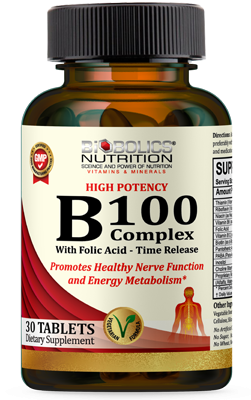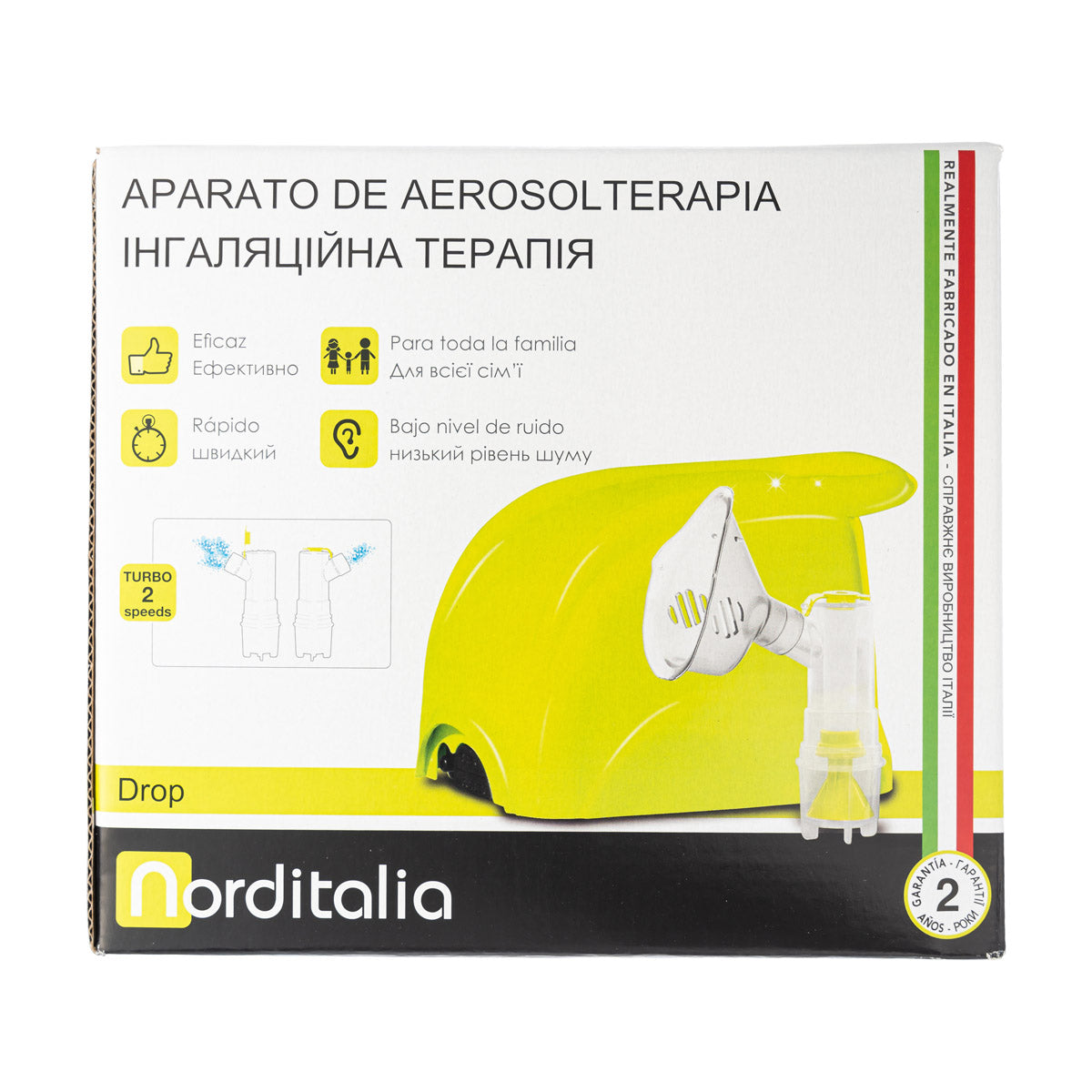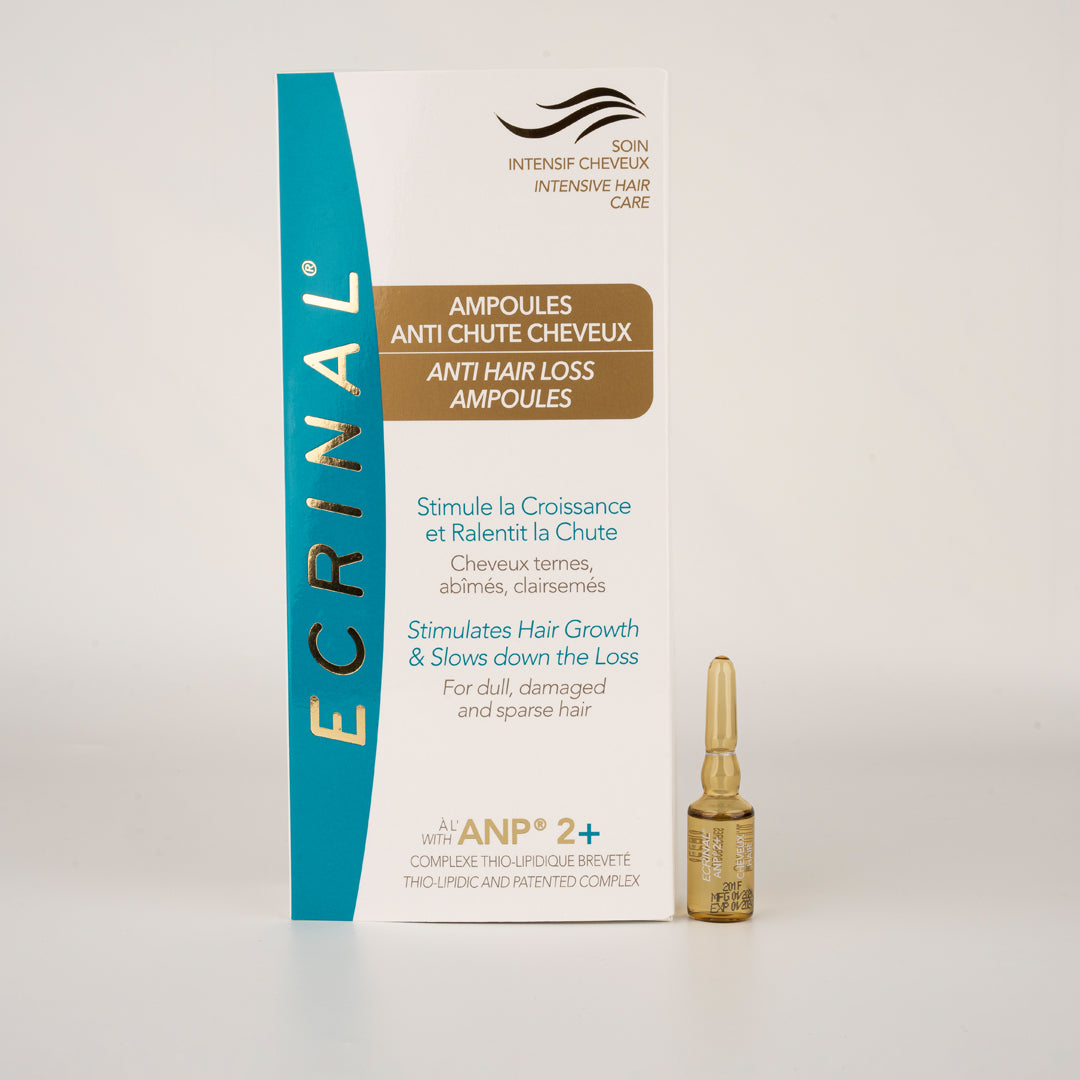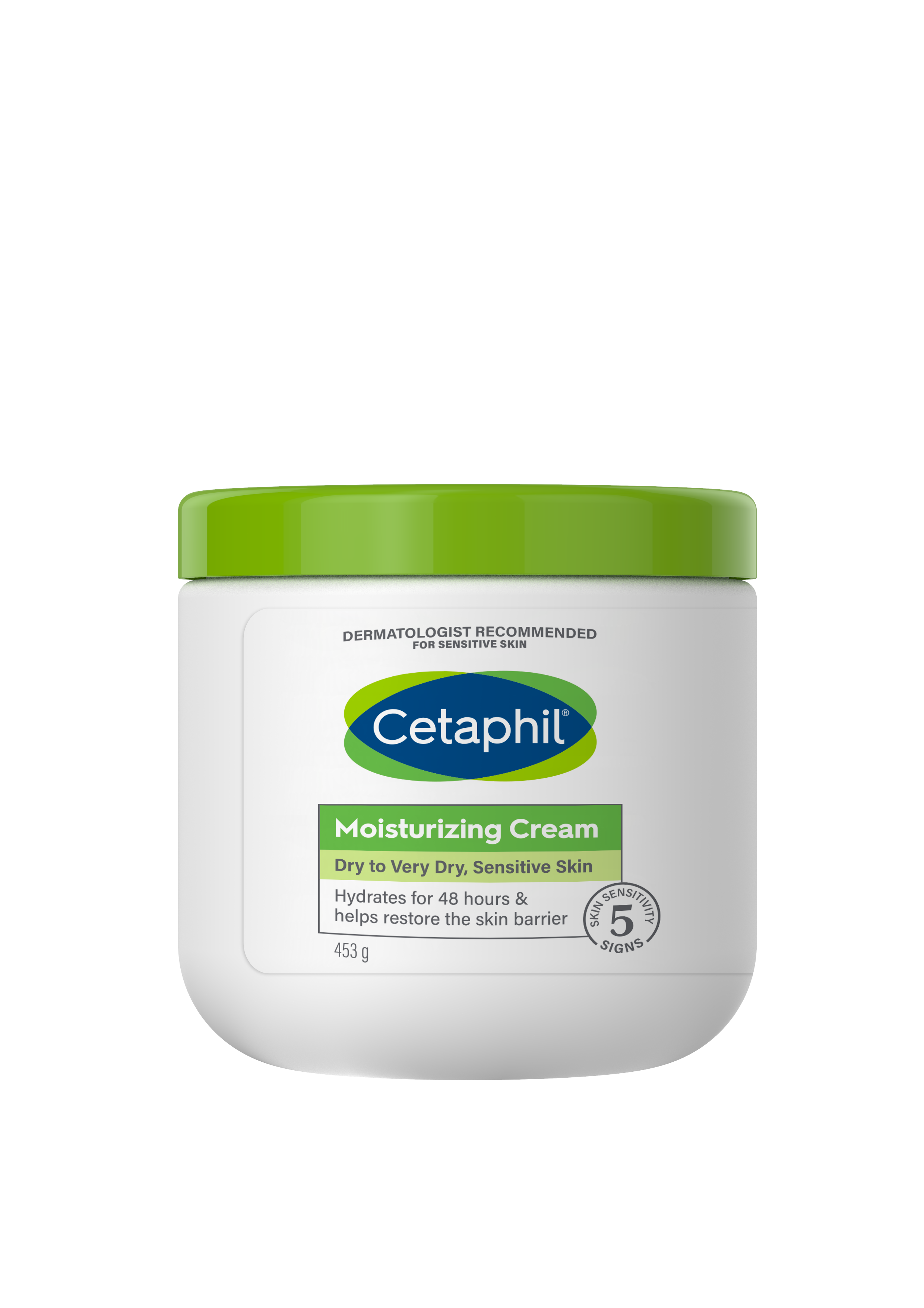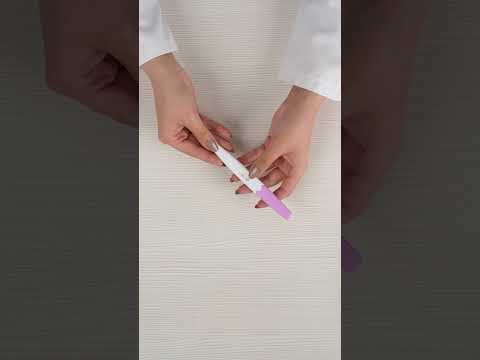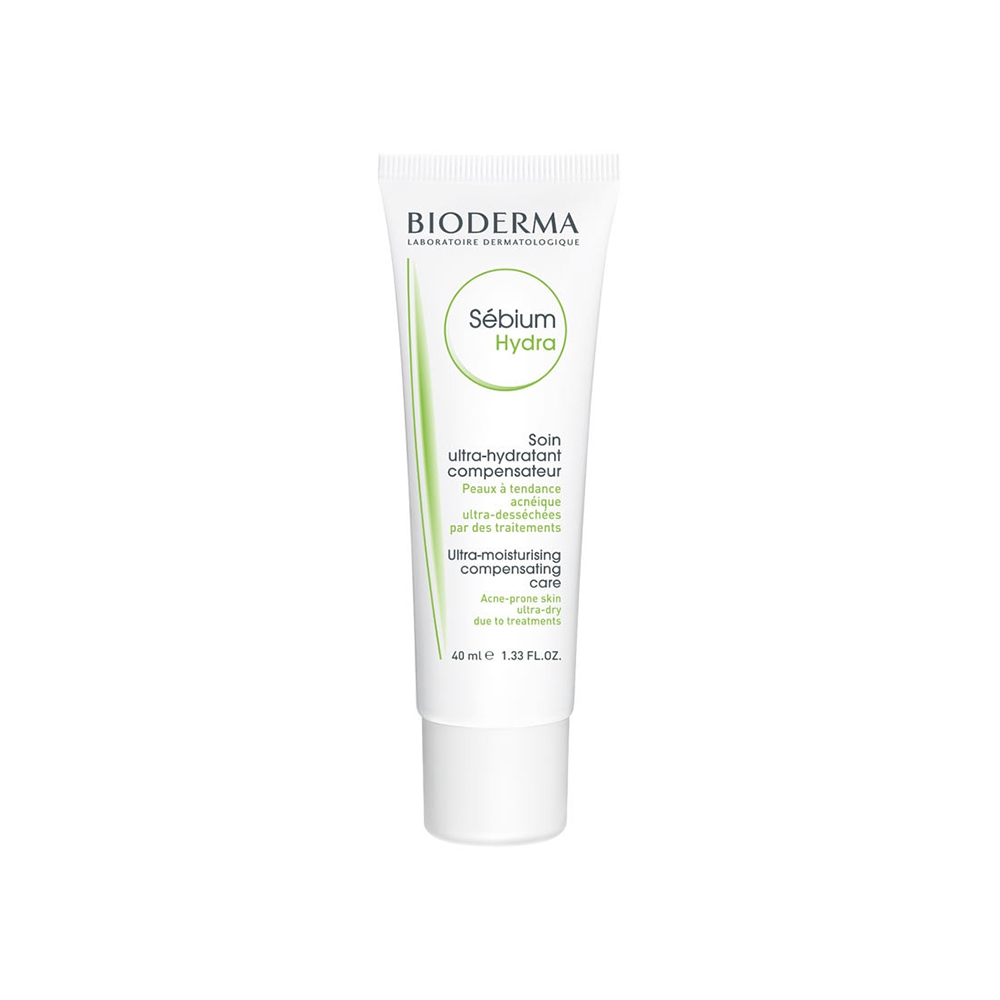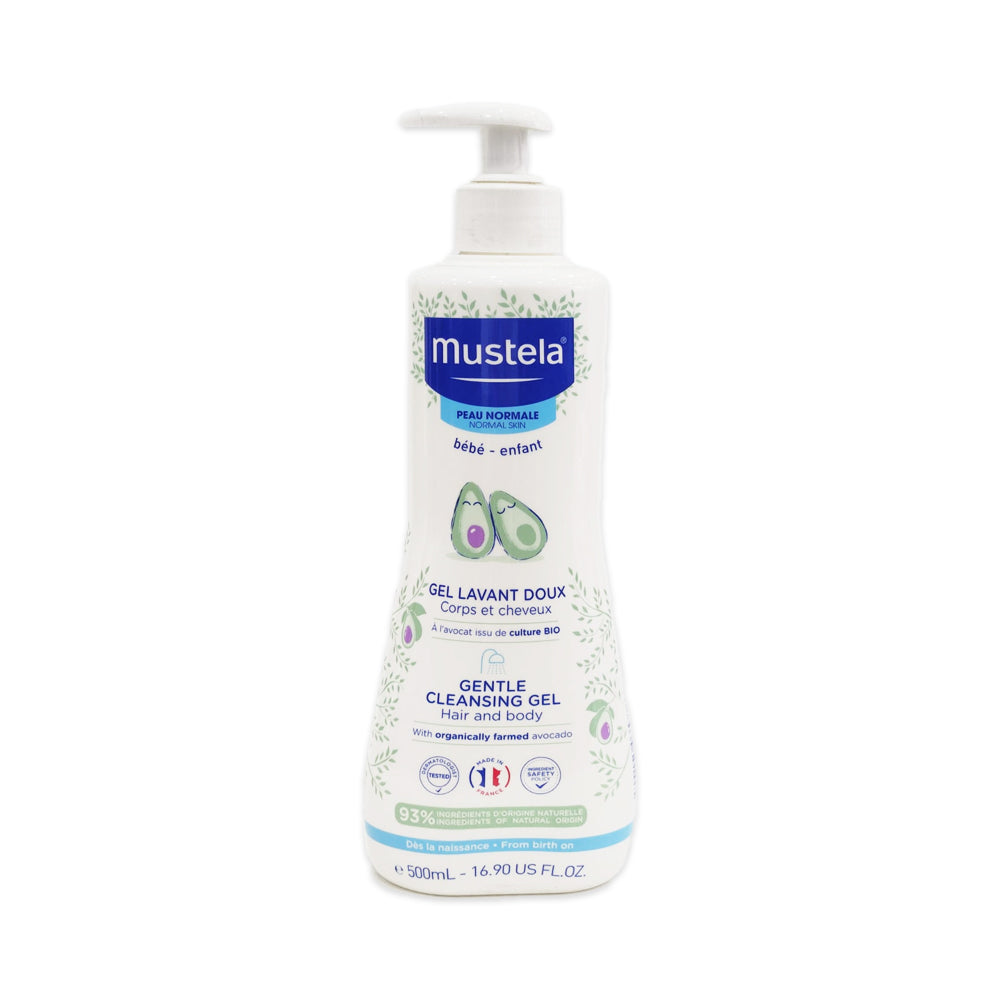-Benefits:
-Natural and safe as it contains no artificial ingredients and has been used in traditional medicine for centuries.
- It is convenient for various uses.
-These thorny trees can grow up to 15 feet tall and produce several varieties of gum Arabic.
Health & Therapeutic Benefits
-Promotes healthy digestion and alleviates issues such as constipation and irritable bowel syndrome (IBS).
-Acts as a prebiotic by providing food for beneficial gut bacteria (probiotics).
-Helps regulate cholesterol levels, reducing the risk of cardiovascular diseases, according to various studies.
-Strengthens gums, prevents diseases, and supports overall oral health by inhibiting bacterial growth and plaque formation.
-Helps regulate blood sugar levels, making it potentially beneficial for those managing diabetes.
-Its high dietary fiber content (90% of its components) aids in weight loss by promoting satiety and improving digestion.
-Known for fighting colds, soothing coughs, and speeding up the healing of sore throats and mouth ulcers.
-The ancient Egyptians used it to treat wounds and burns due to its healing properties.
-Used in the production of pills and emulsifiers in various industries, owing to its stabilizing and thickening properties.
-Historically used to treat ailments such as gonorrhea, and leprosy, and to promote skin and wound healing.
-Widely used in Arabic sweets, snacks, and soft drinks.
-Serves as an emulsifier in the food industry, improving texture and extending shelf life.
-Popular in the pharmaceutical industry due to its ability to modify physical properties in food and medicinal products.
-Main Ingredients & Their Benefits:
-Gum Arabic (Acacia Fiber) is a naturally soluble dietary fiber derived from the sap of Acacia trees. Its functions include:
-Supports Gut Health: Acts as a prebiotic, promoting the growth of beneficial gut bacteria.
-Aids Digestion: Helps improve digestion and regularity by softening stool and promoting bowel movements.
-Weight Management: Increases feelings of fullness, which can help control appetite and reduce caloric intake.
-Cholesterol Regulation: Binds to cholesterol in the gut, aiding in its excretion and helping to lower LDL cholesterol levels.
-Precautions:
-There isn’t enough reliable information to determine if gum Arabic is safe during pregnancy or breastfeeding. It is advisable to stick to food amounts and avoid medicinal uses.
-Individuals with known allergies to quillaja bark may experience allergic reactions to gum Arabic. Caution should be exercised in such cases.
-Gum Arabic can interfere with the absorption of certain medications, particularly oral drugs like amoxicillin.
-It is recommended to take gum Arabic at least four hours before or after taking medications.
-Store the gum arabic powder in a dry, cool place away from direct sunlight.
-It is best used within 6 months of opening to maintain its quality.
-Side Effects:
-Gas and bloating.
-Nausea, particularly in the morning.
-Mild diarrhea.
-An unfavorable viscous sensation in the mouth.
-Excessive intake (beyond 30 grams per day) may lead to more pronounced digestive discomfort.
Featured Items
View all
Use this section to explain a set of product features, to link to a series of pages, or to answer common questions.
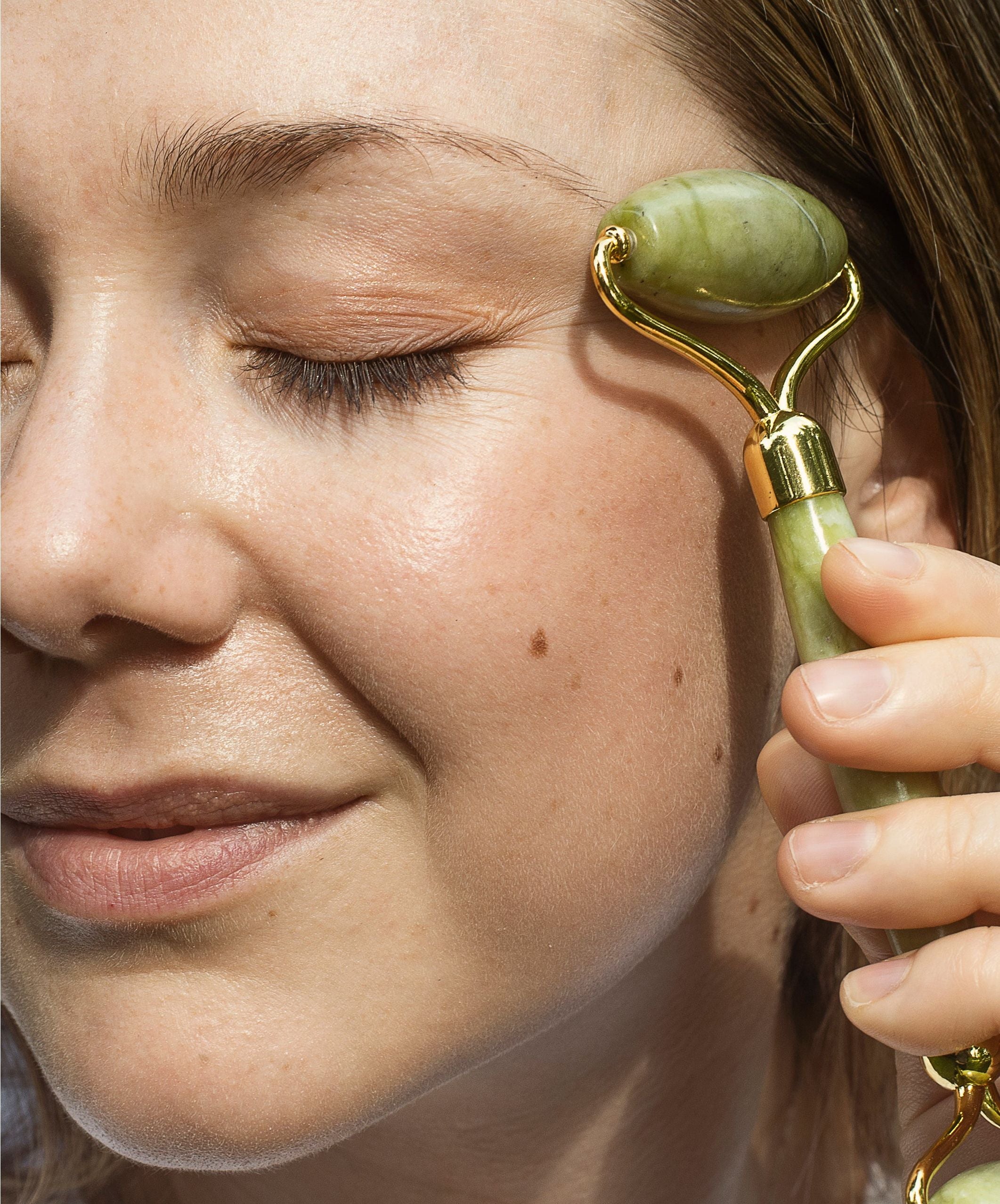
Use this section to explain a set of product features, to link to a series of pages, or to answer common questions.





